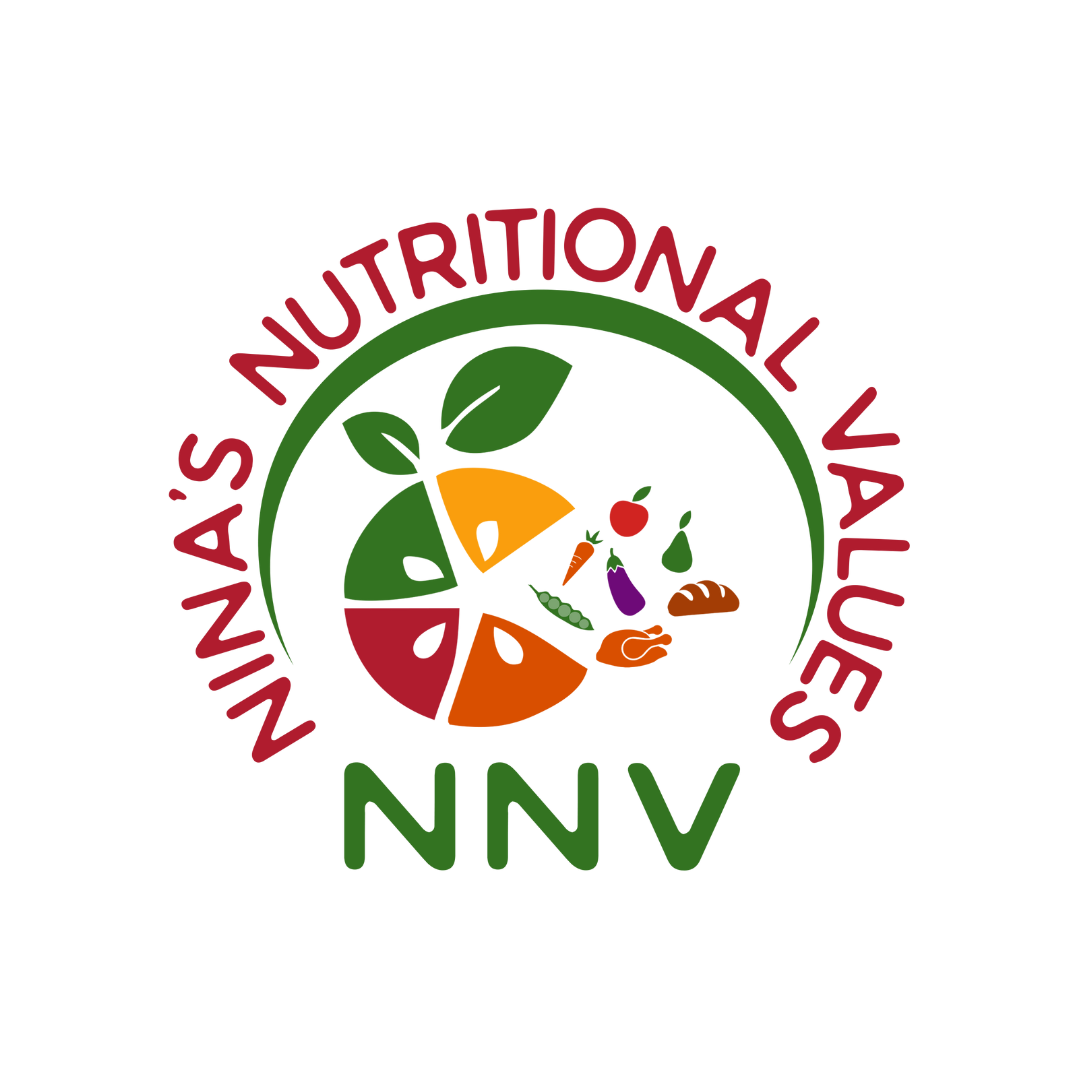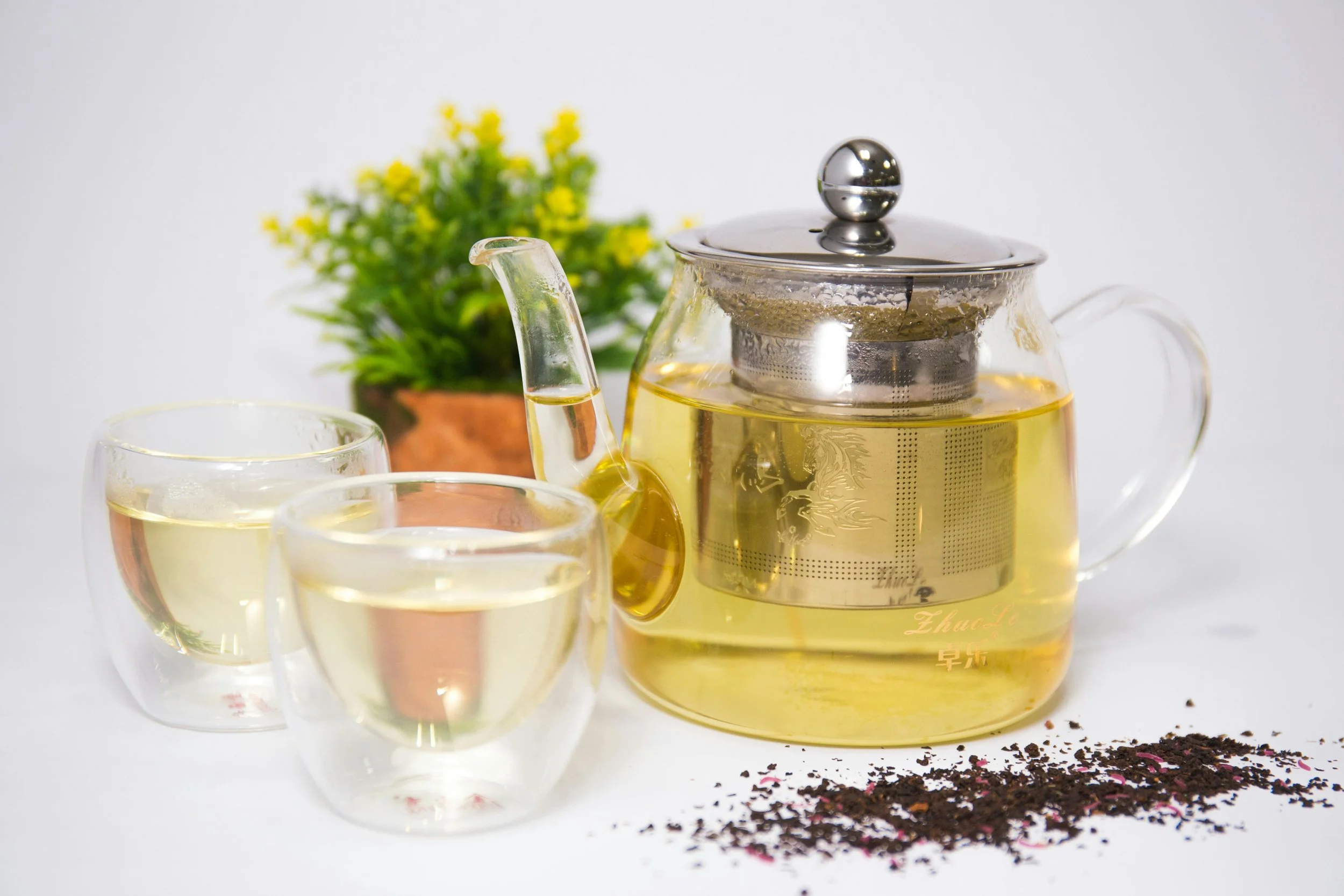Coffee Alternatives For a Jitter-Free Energy Boost
Coffee can be beneficial in moderation, but it can also cause jitters, heart palpitations, anxiety, headaches, heartburn, digestive issues, sleep disturbances, and other side effects. If you love coffee but it makes you jittery or you must eliminate caffeine for any reason, these coffee alternatives have you covered.
Always read the label when buying coffee substitutes as they may contain added sugars, synthetic sugar substitutes, additives, and empty calories.
#1 Decaffeinated Coffee
If you enjoy the taste and aroma of coffee and just want to reduce your caffeine intake, consider transitioning to a decaffeinated coffee or espresso. Most decaf coffees contain about 90% less caffeine. This may be low enough for you to enjoy coffee any time of the day without jitters or other side effects.
Maybe drink 1 cup of caffeinated coffee in the morning and decaffeinated in the afternoon. You can even buy or order decaffeinated espresso.
#2 Barley Coffee
A popular beverage in Portugal, barley coffee (aka. cevada) is a caffeine-free hot beverage that’s brewed just like coffee. Many barley blends are infused with cacao, cinnamon, nutmeg, and other natural ingredients to enhance the flavor.
While not as strong or bitter as coffee, barley tastes a lot like coffee, and the nutrients within provide a natural energy source.
#3 Caffeinated Herbal Teas
Another coffee alternative with less caffeine is green, black, and white teas. With a lower caffeine content than coffee, you may not feel the jitters. The caffeine in tea dissipates slowly, so you’re far less likely to feel the crash a few hours later.
If a latte is your go-to beverage, you can order or make a tea latte. Steep your tea like usual, then add hot or steamed milk. Be mindful of the sugar and additives in coffee shop tea lattes.
It varies by blend and brand, but caffeine estimates are below:
Standard coffee: 96 mg per 8 ounces
Decaffeinated coffee: 15 mg or less per 8 ounces or shot
Espresso: 63 mg per shot *a medium latte has 2 shots
Green tea: 25 to 45 mg per 8 ounces
Black tea: 45 mg to 75 mg per 8 ounces
White tea: 30 mg to 55 mg per 8 ounces
Yerba mate: about 85 mg per serving
Red tea: caffeine-free
Herbal teas: most dried flowers and herbs are caffeine-free
What about chai lattes?
Chai tea is black tea, with between 40 mg and 60 mg of caffeine per serving. You can steep chai tea or make a latte. Most chai latte mixes have more than a day’s worth of sugar. However, you can purchase chai tea bags and steam them with milk at home to create a sugar-free alternative.
What about golden lattes?
Another popular tea latte (aka. golden milk) is turmeric, ginger, and cinnamon steamed tea. Golden lattes are a sweet, creamy, and antioxidant-rich beverage—with zero caffeine.
#4 Mushroom Coffee
One of the most popular coffee alternatives is mushroom coffee. It might not sound appetizing but give it a try before you count it out. Some mushroom coffee blends are 100% caffeine-free while others contain around 50% of a standard cup of coffee.
Mushrooms are powerful adaptogens that help your body regulate stress. Most mushroom coffees are blended with energizing herbs and spices.
#5 Chicory Coffee
Another popular superfood coffee is made from chicory root. Chicory root and other herbs provide nutrients and sustainable energy, without the side effects of coffee. Chicory is bitter like coffee, herbal and nutty.
Sip Herbals is a top chicory option. They have an indulgent chicory mocha with carob and just 2 grams of sugar.
#6 Non-Herbal Coffee Alternatives
The options above are warm and satisfying, and many can be ordered in coffee shops. Below are a few other options that boost your energy that aren’t standard in coffee shops.
Lemon water: Squeezing the juice of half a lemon into 8 ounces of hot water provides vitamin C with less than 1 gram of sugar. Vitamin C provides an energy boost.
Apple cider vinegar: Apple cider vinegar contains the electrolyte potassium to boost your energy. Drinking a tablespoon in 8 ounces of water may also improve digestion.
Kombucha: Kombucha contains up to 25 mg of caffeine per serving, but most bottles are more than 1 serving. Kombucha is a fizzy and fermented acquired taste. While the alcohol content is less than 1% in most brands and not enough to intoxicate, the fermentation process creates alcohol. So, kombucha isn’t suggested for those who are NA.
Let’s Discuss How Else We Can Optimize Your Energy
What you eat can fuel your body or increase your fatigue. As a dietitian, I work with my clients to tailor their nutrition to provide sustainable energy. Most diets are centered around caloric intake when they should be centered around a tailored balance of protein, produce, fiber, and calories. This is how I tailor my meal plans.
Reach out to schedule a comprehensive health and lifestyle assessment. Once complete I’ll discuss your results and create a nutritional prescription with filling and delicious meal plans to kickstart your health!


